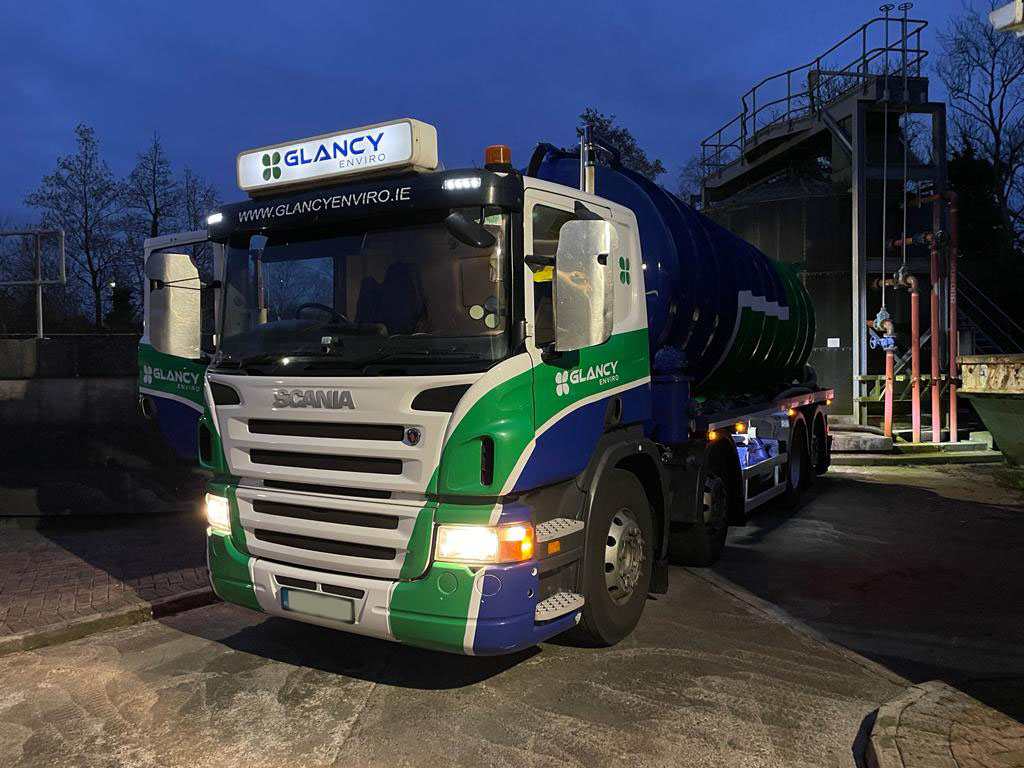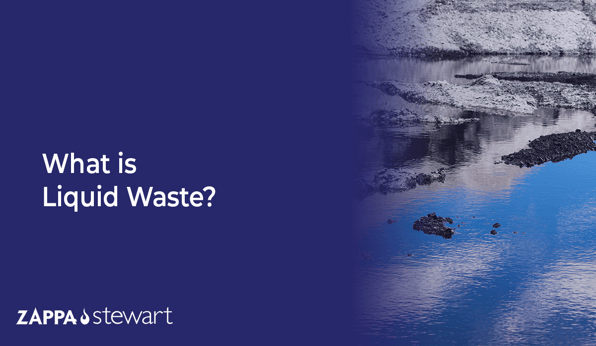6 Easy Facts About Reclaim Waste Shown
6 Easy Facts About Reclaim Waste Shown
Blog Article
The Only Guide to Reclaim Waste
Table of ContentsReclaim Waste Things To Know Before You Get ThisLittle Known Questions About Reclaim Waste.What Does Reclaim Waste Mean?Some Ideas on Reclaim Waste You Need To KnowReclaim Waste for Beginners
Residential sewer waste refers to the waste and products from a residential septic storage tank. The correct administration and disposal of domestic sewer waste require fluid waste to be transferred to a sewage treatment plant where the appropriate approaches and equipment are used to detoxify and dispose of waste.
Industrial waste usually includes prospective hazards, such as flammable materials or a blend of fluid and strong waste products, and needs an advanced and thorough disposal procedure. The disposal of industrial waste generally involves the filtering of waste prior to transport to make sure safe and proper disposal. Hazardous waste is developed from byproducts and overflow of commercial processes and manufacturing.
This kind of waste can not utilize the exact same sewage management transport or procedures as septic or commercial fluids. The commercial waste management procedure needs the evaluation and screening of fluid waste before it undergoes the disposal process (industrial wastewater treatment). Runoff waste is the liquid waste that originates from drainage and excess stormwater in extremely booming locations or cities
Overflow waste can create contamination and flooding if not taken care of properly. Find out more regarding drain cleaning and waste management. Making sure proper waste management can stop catastrophes and decrease environmental harm. Both individuals in residential setups and specialists in industrial or manufacturing markets can take advantage of comprehending the processes and guidelines of fluid waste monitoring.
Reclaim Waste Things To Know Before You Get This
Call PROS Solutions today to discover our waste management and disposal services and the appropriate means to look after the liquid waste you create.
(https://reclaim-waste.jimdosite.com/)This supposed 'wastewater' is not only an essential source however, after treatment, will certainly be released to our land, rivers or the sea. Utilized water from toilets, showers, bathrooms, kitchen sinks, laundries and commercial processes is recognized as wastewater.

water made use of to cool machinery or tidy plant and devices). Stormwater, a type of wastewater, is runoff that moves from agricultural and urban areas such as roofs, parks, gardens, roadways, paths and seamless gutters right into stormwater drains, after rainfall. Stormwater streams neglected straight to regional creeks or rivers, eventually getting to the sea.
Reclaim Waste Fundamentals Explained
In Queensland, many wastewater is dealt with at sewage treatment plants. Wastewater is delivered from residential or commercial sites through a system of sewage systems and pump stations, called sewerage reticulation, to a sewage therapy plant. Local federal governments build, keep and operate most sewer therapy plants. Operators are licensed under the Environmental Management Act 1994 to release treated wastewater at an appropriate ecological criterion into rivers.
The Division of Natural Resources advises city governments about managing, operating and preserving sewerage systems and treatment plants. In unsewered areas, city governments might require owners to install individual or family sewer treatment systems to treat domestic wastewater from toilets, kitchens, shower rooms and washings. The Division of Natural Resources authorises using home systems when they are shown to be effective.
The majority of stormwater gets no treatment. In some brand-new subdivisions, therapy of some stormwater to remove trash, sand and crushed rock has actually started utilizing gross contaminant catches. Wastewater treatment happens in four phases: Removes strong issue. Larger solids, such as plastics and various other things wrongly released to sewage systems, are gotten rid of when wastewater is passed via displays.
Utilizes small living organisms recognizes as micro-organisms to break down and get rid of continuing to be dissolved wastes and great particles. Micro-organisms and wastes are included in the sludge.
The Best Strategy To Use For Reclaim Waste
Nutrient elimination is not readily available whatsoever sewage treatment plants due to the fact that it calls for expensive specialised devices. It is becoming a lot more usual in Queensland. Clear fluid effluent created after treatment may still consist of disease-causing micro-organisms. If this effluent is released right into waterways such as rivers or the sea, the micro-organisms will at some point pass away out.

This normally suggests wastewater has to be treated or contaminants eliminated before it can be discharged to rivers. A lot of wastewater moves into the sewerage system. Under the Act, city governments carry out authorizations and licences for ecologically appropriate activities (ERAs) involving wastewater launches that you could try this out may have a local effect. The division carries out authorizations and licences to Ages involving wastewater releases that may have a local or statewide effect.
Some Known Factual Statements About Reclaim Waste
Otherwise, samples are considered laboratory evaluation. Frequently lots of tests are needed to establish the levels of each of the different toxins such as oils, heavy metals and chemicals in water. Monitoring offers factual information concerning water quality and can verify that permit conditions are being fulfilled. The details gotten via monitoring gives the basis for making water high quality decisions.
Report this page